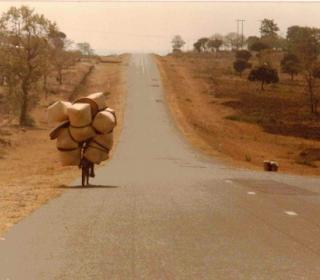Attacking Poverty While Improving the Environment: Toward Win-Win Policy Options
Drawing primarily on a series of sectoral papers presented at a UNDP-EC workshop on poverty and the environment in January 1999 and on supplemental materials, this paper attempts to provide an integrated framework for looking at poverty-environment interactions across a number of resource regimes. It seeks to identify common analytical elements, to identify principles that have produced win-win outcomes, and to extract some general principles for policy formulation and implementation.






